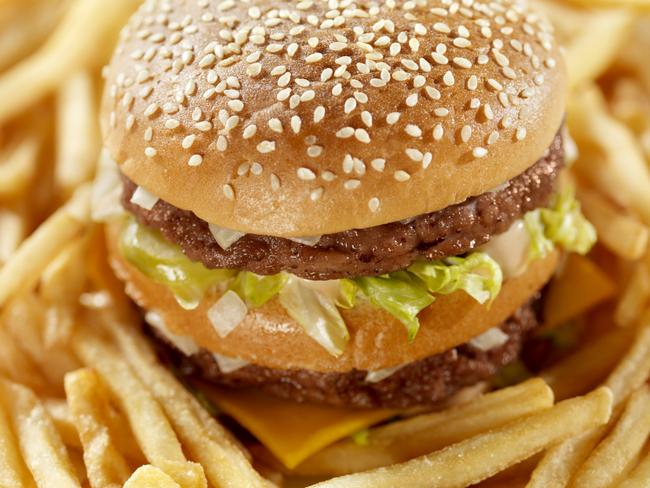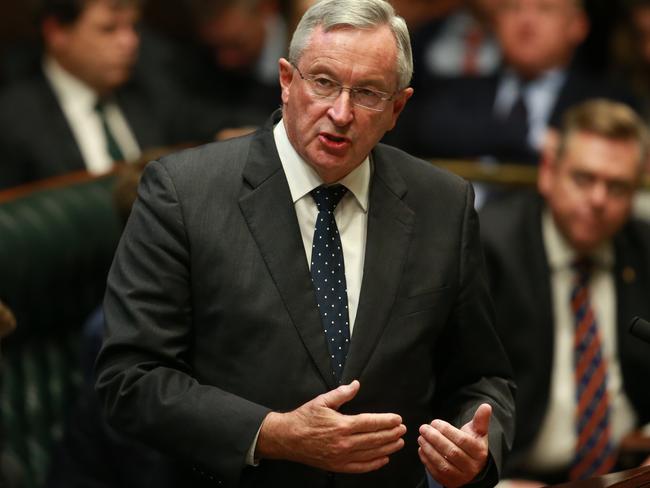Junk food, alcohol and drugs are fuelling health crisis in young adults
MORE than a third of 18 to 24-year-olds in NSW are knocking back dangerous amounts of alcohol and almost as many have used illicit drugs in the past year.
NSW
Don't miss out on the headlines from NSW. Followed categories will be added to My News.
NOTE: The Press Council has upheld a complaint in relation to this article. Read the full adjudication here.

YOUNG people refusing to eat fruit and vegetables and instead loading up on junk food are fuelling the state’s obesity crisis.
More than a third of 18 to 24-year-olds in NSW are knocking back dangerous amounts of alcohol and almost as many have used illicit drugs in the past year.
The worrying findings are contained in a new wideranging report that reveals the true state of the health of NSW’s young people, covering everything from sexuality to obesity.

The state government report shows young people’s diets are feeding the obesity crisis with meals short on fruit and vegetables but rich in junk food and soft drinks leaving up to 37 per cent of them overweight or obese.
And nearly 22 per cent of young women and more than 12 per cent of young men are experiencing high or very high psychological distresses.
Sexuality was also canvassed, with 16.8 per cent of secondary school students in Australia reporting they are attracted to people of the same sex or to both sexes.
About one-third of Australia’s young people live in NSW, with the government devising a new framework for 2017-2024 to address the needs of the 1.27 million 12 to 24-year-olds in the state.

Health Minister Brad Hazzard said it would ensure the specific health needs of young people were met. “Being a young person is a really challenging time of life,” Mr Hazzard said.
“If we can get it right we can actually head off a lot of potential health, and particularly mental health, issues. I’ve seen kids in care, kids in juvenile justice who have all missed out on the basic supports that would have turned their lives around. We need to try to get the next generation better supported.”
Social demographer Mark McCrindle said the next generation of young people — dubbed Generation Alpha — will be plagued by obesity and mental health anguish.
“Those high rates of mental health concerns will continue and we will see ongoing struggle for them with proper exercise and challenge of sedentary lives will be exacerbated,” Mr McCrindle said.
But he was confident rates of smoking and drinking among young people would continue to fall.
Mr McCrindle said the report’s note that 16.8 per cent of young people are attracted to the same sex or are bisexual was “extremely high” compared to the adult population. “It is almost 10 times the national figure,” he said. “It’s about their life stage, they are working out where they are at … It’s a time of great flux.”


